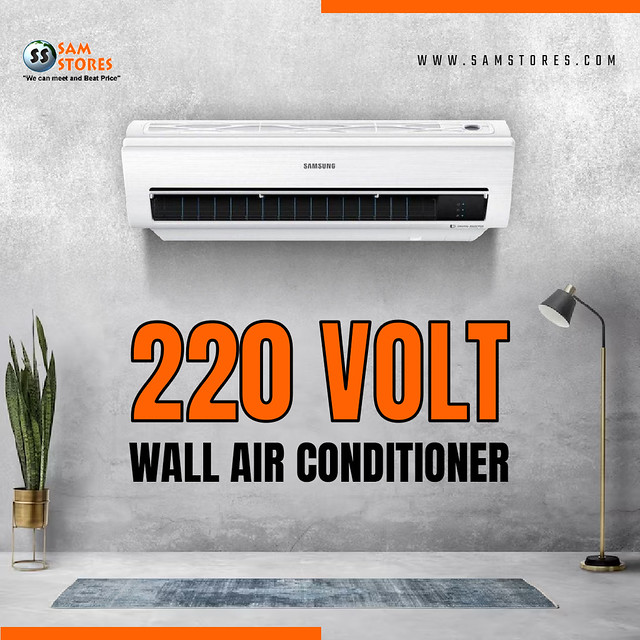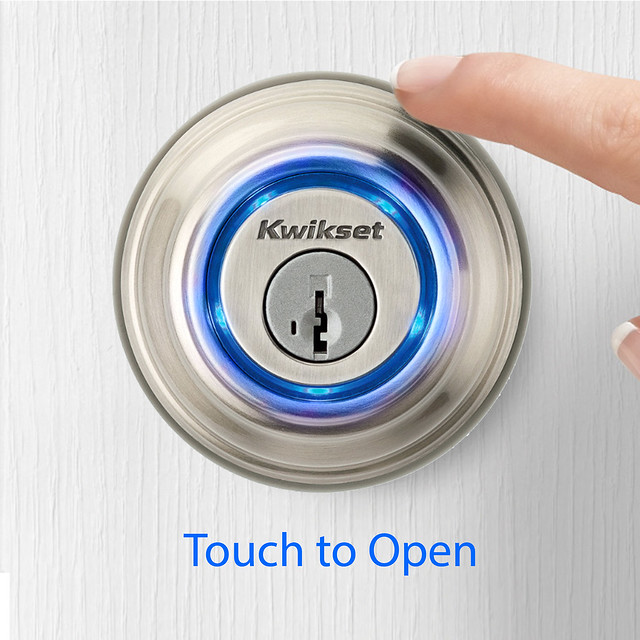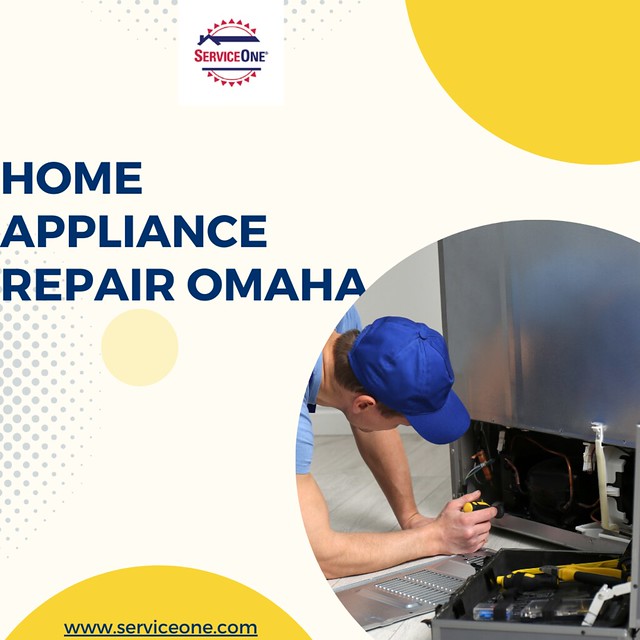How to Select an Electric Instant Water Heater For Shower
Unlike tank-type heaters, these units are easy to install. They are also energy-efficient and help reduce water waste and energy costs.
To determine your hot water needs, a pro calculates peak demand: the total flow rate for all appliances and fixtures running at once during the shower. Manufacturers have tables online that make this calculation simple.
Thermostat
Unlike conventional storage tank water heaters, demand water heaters use energy only when hot water is needed. Because of this, they are 8%-14% more energy efficient than traditional tanks and can save up to $800 a year in energy costs.
The thermostat is the instant electric water heater for shower key component of any electric tankless water heater. It is responsible for keeping the water temperature constant based on your home’s hot water usage, temperature demands, and local climate conditions. It also controls the maximum flow rate to avoid overflowing.
Most models feature an advanced, self-regulating electronic control system that monitors water temperature and flow to ensure optimum performance. They also include safety features, such as dry-out protection and overheat protection. In addition, they have an integrated e-paper display that makes them easy to operate and can be equipped with a radio remote control for even greater comfort.
An electrical instantaneous water heater for shower is the best option if you want to improve your bathroom’s appearance. It is possible to install it hidden behind a piece of furniture or a door, and it can be operated with a convenient remote control. The DSX Touch Twin complete set, for example, combines two instantaneous water heaters into one compact unit. This solution offers the highest operating comfort and can be controlled via smartphone or tablet. It also stores several user profiles with preferred water temperature settings.
Flow Rate
There are a few different factors that need to be considered when determining the size of an electric instant water heater for shower. First, consider your household’s flow rate. Determine how many faucets, showerheads and appliances will be used simultaneously and their average flow rate. Then, add up these figures to get a total simultaneous water usage number. This will help you select the optimum demand water heater size for your home.
Another important factor is the incoming water temperature in your area. A higher incoming temperature will require the tankless water heater to work harder, so it will have a lower flow rate. The chart below offers a general model recommendation based on winter incoming water temperatures in various regions of North America. Selecting a larger model will provide greater flow rates.
The best way to ensure your point of use (POU) demand water heater is sized properly is to consult with a local, certified, bonded residential electrician. They will be able to assist you in determining the correct electric service size needed for your demand water heater as well as ensuring your system is wired correctly. In addition, a professional will also be able to recommend the perfect model for your home based on its location and specific needs. The Stiebel Eltron DHX Select is an electric tankless water heater that is powerful enough to power a bathroom sink or two showers at the same time in warm climates such as Florida, Texas and southern California. It features a robust Direct Coil heating system that self-cleans for superior limescale resistance and Advanced Flow Control technology.
Energy Efficiency
As they heat water only when it’s needed, tankless electric heaters save energy. They also don’t spill gallons of water if they spring a leak, harbor Legionella bacteria electric tankless hot water heater or tip over during an earthquake. They’re a smart choice for homes that use photovoltaic solar panels and/or want to minimize their reliance on electricity.
Because they’re smaller in size, they’re easier to install than gas tankless water heaters. This makes them a popular choice for homes with limited space or an existing water line and/or chimney. They’re also more affordable to install than gas models, although they can still cost a bit more to operate in the long run.
Point-of-use (shower or sink) tankless electric water heaters offer even greater energy savings. They heat the water closer to where it’s used, which eliminates the loss of energy as it travels through pipes.
The power of the unit and its location also determine how quickly it reacts to changing shower temperatures. Modulating heaters maintain the same temperature at varying flow rates, so they’re more efficient than non-modulating units.
For the best energy efficiency, choose a model that’s rated for your climate. This will ensure that the heater is sized correctly and can handle your average hot water usage. It’s important to have a qualified professional handle electrical installation, so the system can work properly and safely.
Warranty
This type of tankless water heater is typically installed in an outside wall, so it can free up valuable space inside the home. It’s also a great choice for homes with low water pressure, since it can save energy by only heating the water when needed. Some models are ENERGY STAR certified and have features like scale reduction technology, making them even more environmentally friendly.
Electric units have a higher upfront cost than gas models, but they can save money in the long run due to lower utility bills. They also have shorter warranties, usually covering the elements for three to five years. If you’re worried about maintenance costs, look for a model that requires minimal routine care and offers a warranty on labor and parts.
A tankless hot water heater is a great investment, so make sure you choose the right size for your home. Getting it too big can result in poor performance, while a smaller model may not be enough to meet your needs. Check your local plumbing code for guidelines, or ask a professional installer for advice. Many companies offer extended warranties for extra peace of mind, and home warranty plans often include coverage for this type of appliance. If you’re considering a home warranty plan, be sure to read the fine print so you know what your coverage includes.


